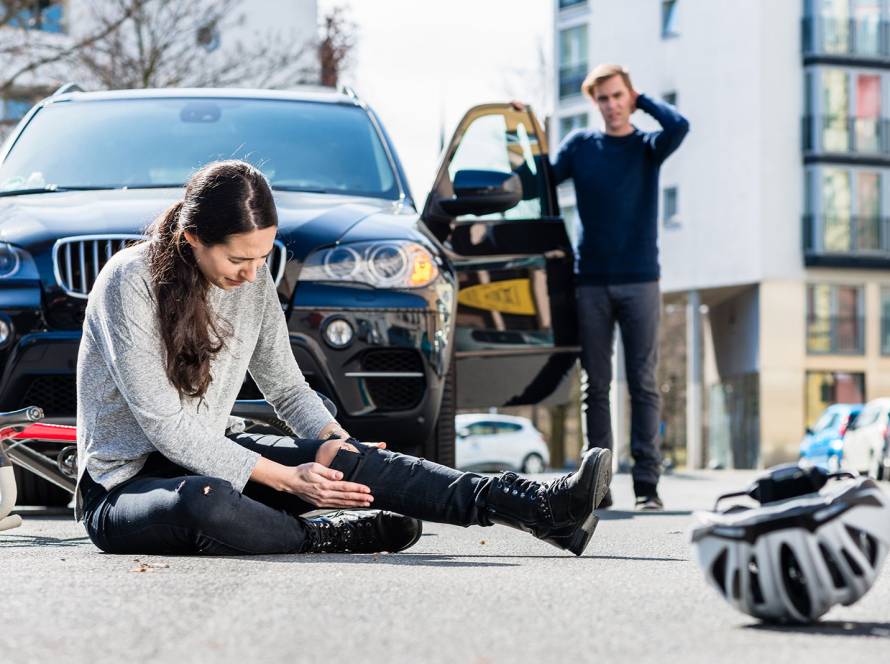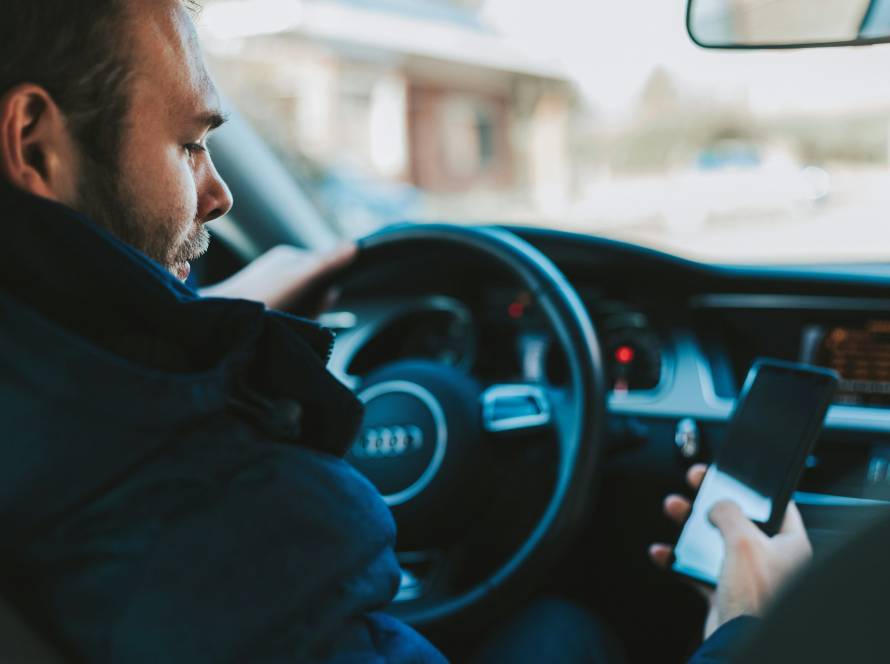Being involved in an auto accident can be a traumatic experience, but the aftermath can leave you with unresolved questions about your property and your rights. As one of the leading Orlando auto accident law firms, Hines Law is here to not only answer your most pressing questions, but also to provide valuable insights into navigating the post-accident process.
In this informative guide, we’ll explain what happens to your car after an accident and crucial information regarding your property after an auto collision.
Immediately After the Accident
The moments following an accident can be chaotic and often stressful. At Hines Law, we highly recommend that you take the following actions to protect yourself, your passengers, and your vehicle:
- Assess your safety and check for injuries before attempting to exit the vehicle.
- Safely move your car off the road, if possible.
- Contact emergency services and the police.
- Document the scene by taking photographs and noting your environment, along with witness information.
- Exchange information with the other parties involved in the accident.
- Notify your insurance company regarding the incident.
Make sure to keep these points in mind as they may help inform your decisions and actions throughout the entire process. Remember, addressing life-threatening injuries and seeking immediate medical attention should always be your top priority in the aftermath of an accident.
Car Inspection and Damage Assessment
One of the primary concerns following an accident is the condition of your vehicle. It’s important to understand and identify the possible types of damages to your car. Here are some common terms to help you describe the state of your car:
- Bodywork damage: Dented or scraped panels, broken lights, shattered glass, and damaged bumpers.
- Mechanical damage: Compromised engine, transmission, exhaust system, suspension, or brakes.
- Electrical damage: Faulty sensors, lights, or electronic systems.
Once you have a grasp on the extent of the damage, you can work with your insurance company to determine the best course of action, which will likely involve an assessment to decide on repair or replacement options.
Insurance Claims and Coverage
If you’re unsure about how to handle insurance claims, we advise you to get in touch with an experienced attorney to walk you through the process. Some aspects to consider include:
- Determining liability and how this affects the claim payout.
- Evaluating various insurance coverage options.
- Understanding deductibles and out-of-pocket expenses.
A personal injury attorney can help you navigate through the process and ensure that your rights are protected throughout every step of the way.
Repair Process
If you choose to repair your vehicle, there are several steps to follow. First, you should contact your insurance company to see if they can recommend a reputable repair shop or mechanic. Next, schedule an appointment with the shop and have them inspect your car for damage.
The repair process varies depending on the type of vehicle involved. For example, if you’re dealing with a minor fender bender, your insurance company may send out an adjuster who will inspect the damage and determine if it needs to be fixed. If so, they’ll help you choose a reputable auto body shop to handle the repairs.
When looking for a reputable repair shop, consider the following steps:
- Obtain multiple estimates.
- Coordinate with your insurance adjuster.
- Monitor the repair process to ensure quality and efficiency.
It’s in your best interest to stay informed and proactive in this stage to prevent delays or additional unwanted expenses. If you’re not sure if your insurance company is doing the right thing, it’s a good idea to get a second opinion from an independent adjuster. If you find out that your insurance company’s estimate was low and that they aren’t going to cover the costs of repairs, contact our office for help with filing a claim against them. We can advise you on how to proceed with your case so that you don’t lose any more money than necessary.
Handling a Total Loss
In the event your vehicle is deemed a total loss, it’s essential to know your options as well as your rights. The compensation process can include cash settlement or a replacement vehicle. In cases where there is an outstanding loan or lease, gap insurance can play a role in covering those costs.
When you’re dealing with a total loss, it’s important to know all of your options. The first step is to contact your insurance company and notify them of the situation. They’ll need proof of the damage and may require an inspection by an independent mechanic before they can make a decision on how to proceed.
Once they’ve determined that your vehicle is totaled, you’ll have to decide between cash settlement or replacement. If you opt for cash settlement, the insurance company will pay out what they consider to be fair market value for your vehicle and then deduct any outstanding loans or leases from that amount.
Preventing Future Accidents
Along with seeking legal counsel, it’s crucial to take preventative measures to avoid future accidents. Adopt safe driving habits, maintain your vehicle regularly, and invest in advanced driver assistance systems (ADAS) when possible.
If you’re a driver, take the following steps to maintain your vehicle:
- Get an oil change every 3,000 miles or every three months.
- Check your tire pressure regularly and inflate tires as needed.
- Replace worn brake pads or rotors if they are less than 1/4 inch thick.
Knowing what happens to your car after an accident and understanding your rights regarding property after an auto collision can help alleviate some of the stress and uncertainty that follows. Hines Law personal injury law firm is here to support you through this difficult time – and to champion your rights and best interests.
If you or a loved one has been injured in an auto collision, please call our office at (407) 554-4484 to schedule a free consultation with an experienced car accident attorney. We represent clients throughout Orlando, with offices in Apopka.




